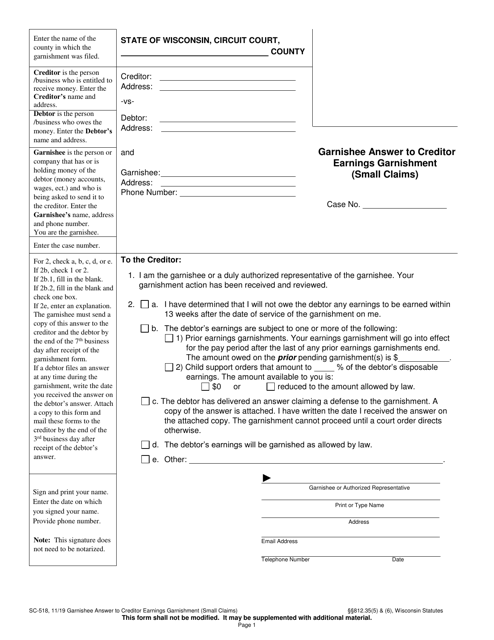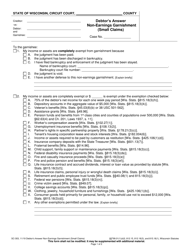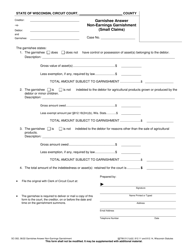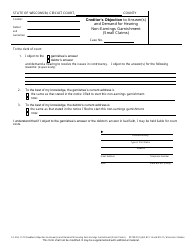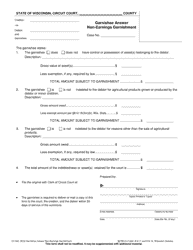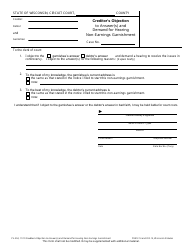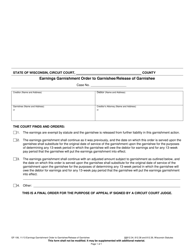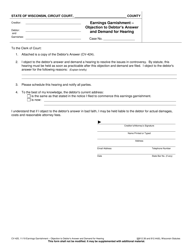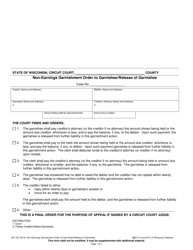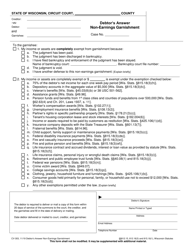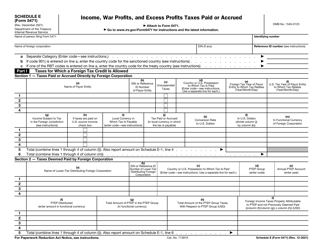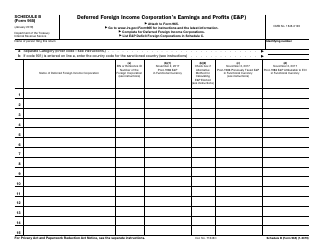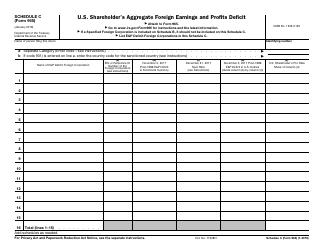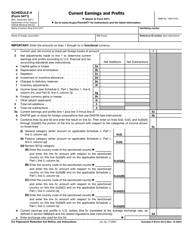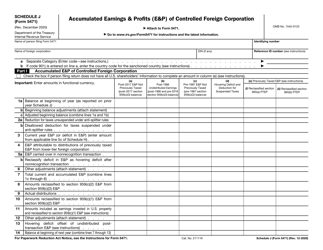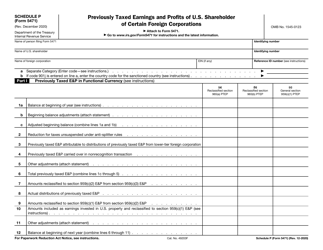Form SC-518 Garnishee Answer to Creditor Earnings Garnishment (Small Claims) - Wisconsin
What Is Form SC-518?
This is a legal form that was released by the Wisconsin Circuit Court - a government authority operating within Wisconsin. As of today, no separate filing guidelines for the form are provided by the issuing department.
FAQ
Q: What is Form SC-518?
A: Form SC-518 is the Garnishee Answer to Creditor Earnings Garnishment (Small Claims) used in Wisconsin.
Q: What is a Garnishee Answer?
A: A Garnishee Answer is a document filed by a third party (garnishee) in response to a creditor's request to garnish the earnings of a debtor.
Q: What is a Creditor Earnings Garnishment?
A: A Creditor Earnings Garnishment is a legal process where a creditor collects a debt by having a portion of the debtor's wages or income directly withheld and paid to the creditor.
Q: When is Form SC-518 used?
A: Form SC-518 is used when a garnishee receives a notice to withhold earnings from a creditor and needs to provide information about the debtor's earnings.
Q: Who uses Form SC-518?
A: Form SC-518 is used by garnishees in Wisconsin who have received a notice of earnings garnishment from a creditor.
Q: What information is required in Form SC-518?
A: Form SC-518 requires the garnishee to provide details about the debtor's employment, earnings, and any previous garnishments.
Q: Is legal advice needed to fill out Form SC-518?
A: While legal advice is not required, it may be beneficial to consult an attorney if you have any questions or concerns about completing Form SC-518.
Q: What should a garnishee do after completing Form SC-518?
A: After completing Form SC-518, the garnishee should file the form with the Small Claims Clerk's office and provide a copy to the creditor and debtor.
Q: What happens next after filing Form SC-518?
A: After filing Form SC-518, the court will review the garnishee's answer and determine whether to proceed with the earnings garnishment based on the information provided.
Form Details:
- Released on November 1, 2019;
- The latest edition provided by the Wisconsin Circuit Court;
- Easy to use and ready to print;
- Quick to customize;
- Compatible with most PDF-viewing applications;
- Fill out the form in our online filing application.
Download a printable version of Form SC-518 by clicking the link below or browse more documents and templates provided by the Wisconsin Circuit Court.
